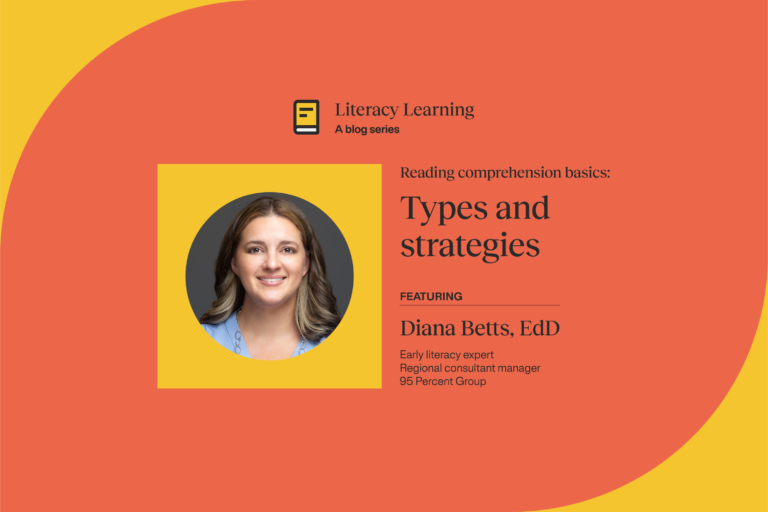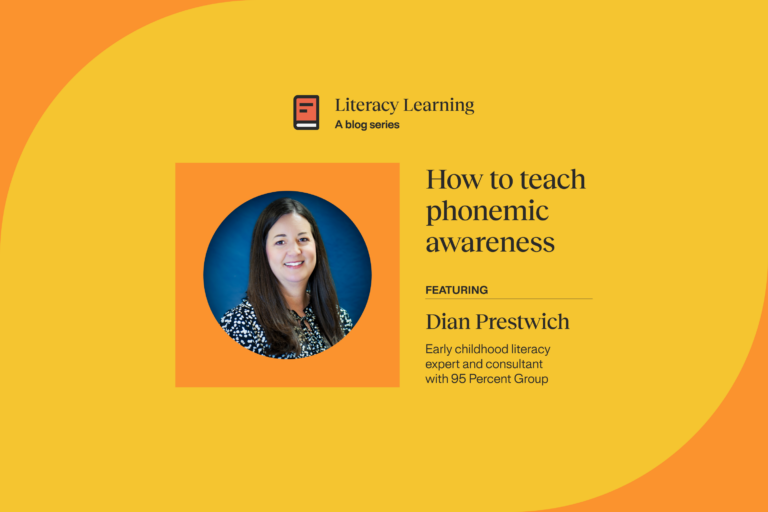Assessments find mastered and missing skills
As students return to the classroom after unprecedented school closures of the past months, educators face new challenges in supporting their students in becoming fluent readers. Phonics assessment tools can make an enormous contribution in assessing mastery and missing skills—by speeding up the evaluation process and getting students into intervention as needed. Here's a short overview of a diagnostic screener to assess student phonics gaps.

Let’s face it—our schools are encountering unprecedented learning loss challenges as they head back to the classroom this spring to complete the 2020-2021 school year. This is not business as usual in our classrooms. Teachers need to act quickly using a diagnostic screener to assess student phonics gaps and provide intervention to meet these needs now and address the need for a rigorous Summer School phonics program.
Using a phonics diagnostic assessment
Educators are asking how to determine if a student has mastered the phonics skills needed to be a skilled and fluent reader. One tool that is useful is a phonics diagnostic assessment, which is an informal evaluation that identifies mastered and missing phonics skills for early readers. Teachers use diagnostic data to determine where to begin instruction and intervention. Phonics assessment tools help many educators including classroom teachers, special education teachers, reading specialists, interventionists, instructional aides and speech-language pathologists. The tool enables them to quickly evaluate and group students to provide intervention by skill deficit. Phonics diagnostic data facilitates grouping students for focused intervention.
Skill continuums align with phonics assessment tools
Skill continuums provide educators with strategic insight about the sequence of instruction. The continuums afford a framework for identifying skill mastery progression by grade level. The 95 Percent Group’s Phonics Continuum is an easy-to-navigate chart that shows which reading skills should be mastered, at which grade level and, in which order. This research-based resource clearly illustrates how phonics skills build upon one another in grades 1-3. It also points out the importance of identifying deficits and providing intervention in early elementary classrooms.
95 Percent Group’s Phonics Screener for Intervention™ leads the way for focused intervention instruction
The 95 Phonics Screener for Intervention™ (PSI™) is a short and easy-to-administer assessment tool designed to pinpoint specific decoding needs of students who have poor reading accuracy. This diagnostic resource can be used to determine:
1. where to begin intervention,
2. how to group students with similar needs, and
3. when to move students into and out of skill groups.
The information collected by using the 95 PSI is easy to interpret and leads directly to placement in a Tier 2 or Tier 3 group for focused intervention instruction. Download our Phonics Screener for Intervention Product Sample now to learn more about how this phonics assessment tool can improve the screening process in your classroom.
About 95 Percent Group
95 Percent Group is an education company whose mission is to build on science to empower teachers—supplying the knowledge, resources, and support they need—to develop strong readers. Using an approach that is based in structured literacy, the company’s One95 literacy ecosystem integrates professional learning and evidence-based literacy products into one cohesive system that supports consistent instructional routines across tiers and is proven and trusted to help students close skill gaps and read fluently. 95 Percent Group is also committed to advancing research, best practices, and thought leadership on the science of reading more broadly. For additional information on 95 Percent Group, visit: https://www.95percentgroup.com.



